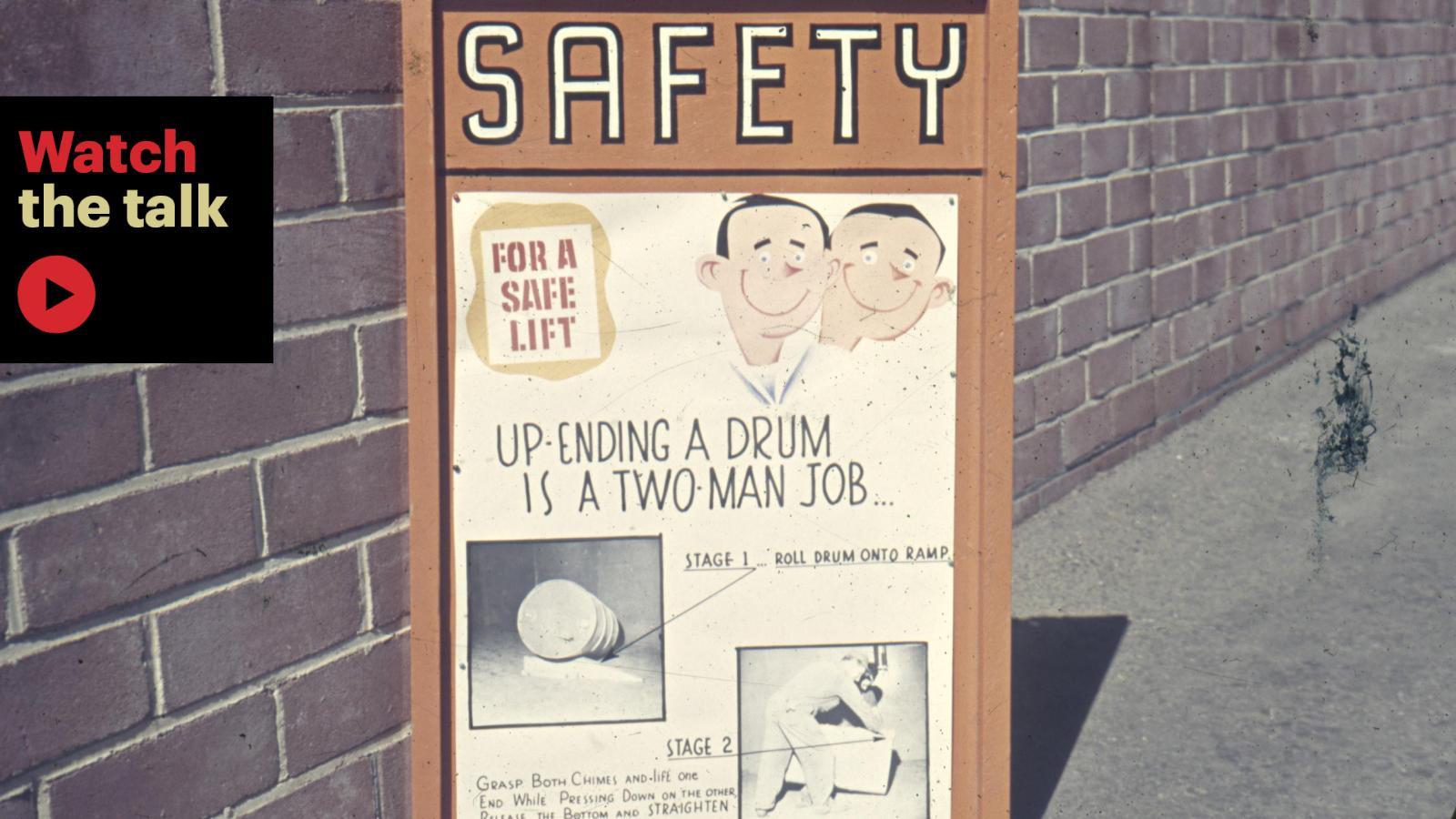- What's On
- Collections
- Research
- Stories
- Visit us
- About Us
- Get involved

Protecting the Hands that Built ‘Australia’s Own Car’
Health and Safety at General Motors-Holden
General Motors Holden (GMH) frequently asserted that workplace safety was the company’s priority. Yet, in its factories, major accidents did occur, and many workers were also exposed to the risk of hearing loss and repetitive strain and posture-related injuries.
Drawing on oral history interviews with almost 100 former employees who worked at GMH factories between 1945 and 2017, this presentation examines the evolution of GMH’s approach to occupational health and safety, and its workers’ memories of safety culture and the injuries they sustained or witnessed occurring whilst at work.
About the speaker
Paul Sendziuk is a graduate of the University of Western Australia and Monash University. He specialises in Australian History, with particular interests in the histories of immigration, public health, disease, and labour. Paul's doctoral thesis, 'Learning to Trust: A History of Australian Responses to AIDS', was awarded the 2002 Mollie Holman Doctoral Medal. A revised version of this text, published by UNSW Press and University of Washington Press, was short-listed for the Human Rights and Equal Opportunity Commission's 2004 Human Rights Award (non-fiction section).
Paul's current research project, 'People, Places and Promises: Social Histories of Holden in Australia', is a history of General Motors Holden's workers and workplace culture, and the places where Holden's factories were situated. It is a collaboration between the research team (CIs Sendziuk, Jennifer Clark, Alistair Thomson, Graeme Davison, and Carolyn Collins) and General Motors Holden, the National Library of Australia and the National Motor Museum. The team received an Australian Research Council Linkage grant (LP170100860) to conduct the project in 2018-21. So far, outcomes include an exhibition at the National Motor Museum, 'Holden and Me: Treasures from a Working Life', and an article published in Studies in Oral History.